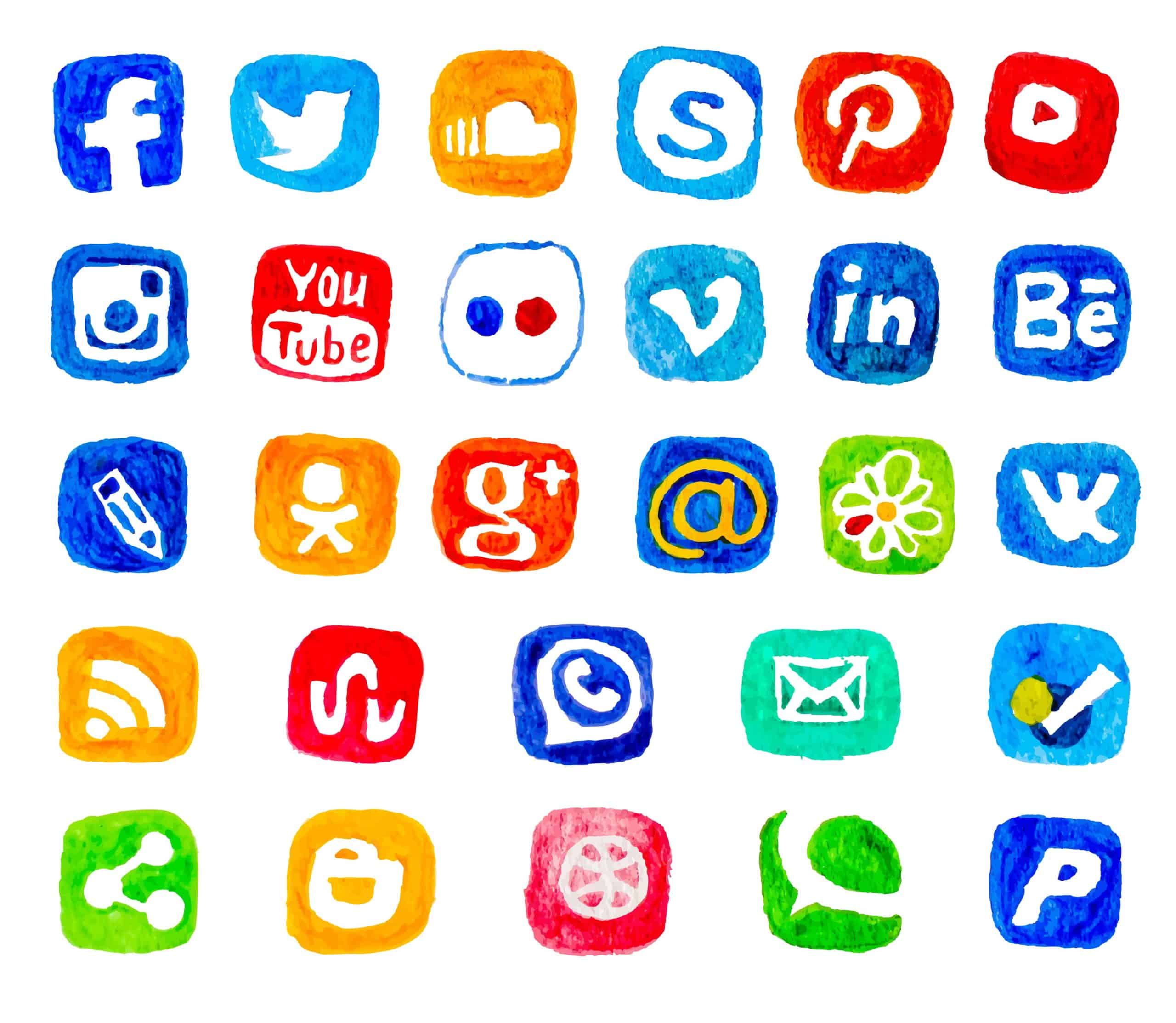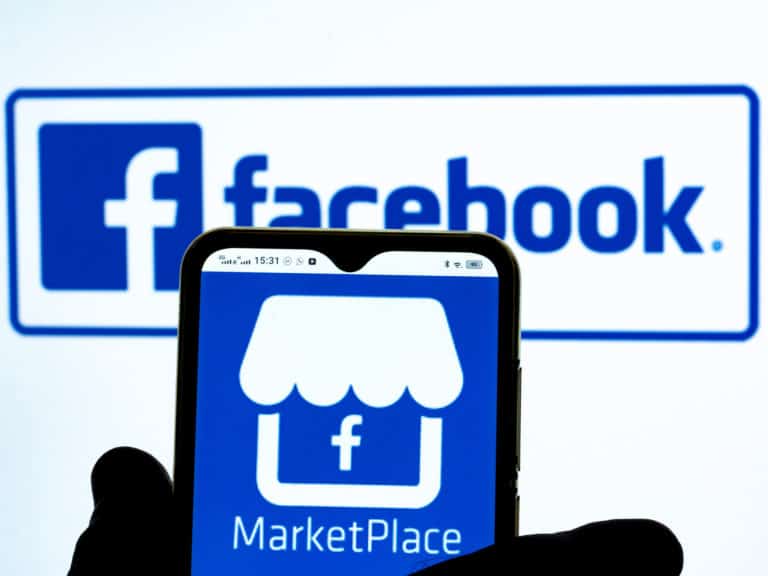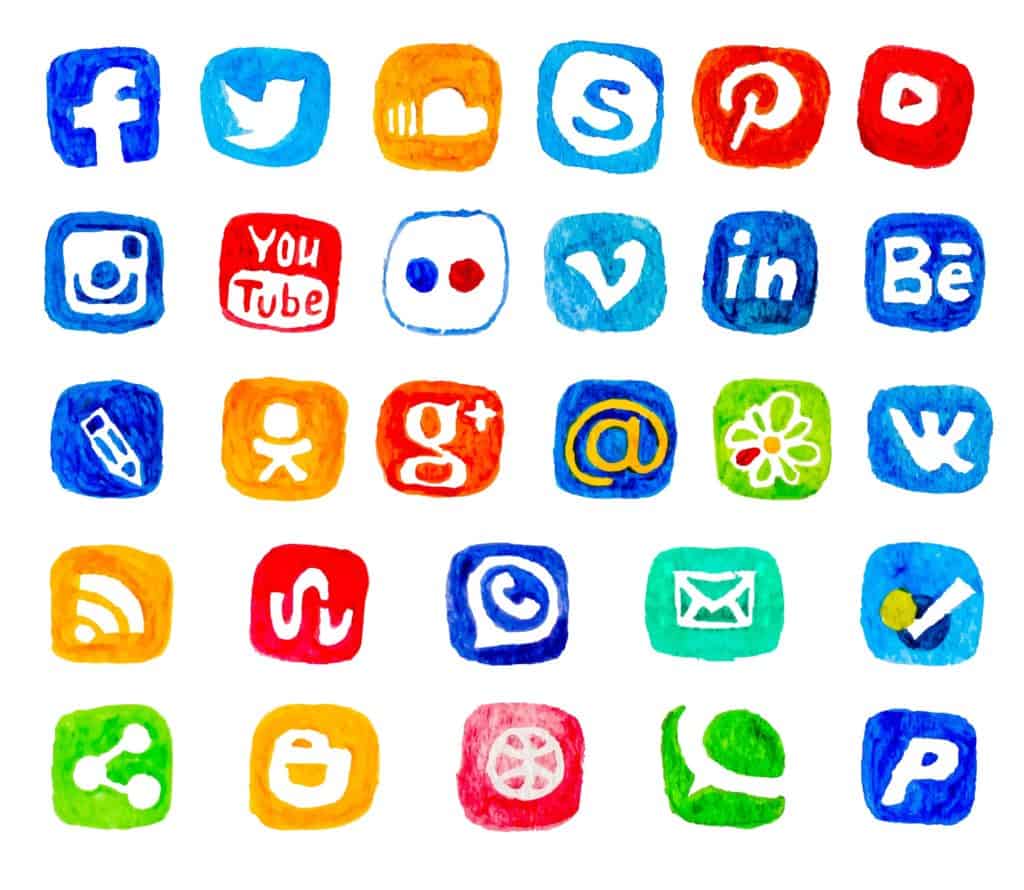 Venturing into the online world requires rules. Don’t search for cooking terms in Google (unless you fancy having a heart attack). Don’t engage with James Corden. And, most importantly, conduct yourself with online etiquette.
Venturing into the online world requires rules. Don’t search for cooking terms in Google (unless you fancy having a heart attack). Don’t engage with James Corden. And, most importantly, conduct yourself with online etiquette.
Tone, cadence, humour and brand image – these are the vital ingredients that create delicious, goulash-esque content for your ravenous audience.
These core ingredients keep your client base coming back for more hearty, share-driven nourishment without the lid falling off the proverbial salt shaker. Yet, not everyone gets it right.
We have been asked about the reasons why some businesses get it slightly wrong. The answer is relatively simple – people are trying to either pass the online buck of blame, or persisting with one-upmanship, believing that whoever wins an argument bags the customer.
Other Articles From The Team
Why Core Values Are So Darn Important
How Important Is Social Media For Your SEO?
Why Bad Content Is Worse Than No Content
Those who fail to present themselves in a positive digital light have not conducted themselves with online etiquette. You wouldn’t attend a dinner party and mouth off about rabid opinions on taboo subjects. So why would you do that online, when representing your business?
Let’s take a look at where some of the big guns have failed, and what you can learn from the mistakes of others about positive online brand recognition.
Online Etiquette on Social Media
![]()
Oh boy. Here we go.
Social media is power to the people for sure, but some like it saltier than others. Pointing out what a moron someone is for ruining the metaphorical stew with too much salt makes you just as moronic, surely?
We all have our own tastes and opinions after all, and also – who cares?
Suppose you happened to be dining within a Japanese restaurant. The person next to you emptied a bottle of soy sauce on their teriyaki soba. Would you lean over and tell them their mother should have made a crass decision about their avoidable conception? I think not. Yet, online mannerisms would suggest otherwise.
In the online world, this aggressively opinionated, self-righteous idiocy is the norm. It leads to an overbearing sense of entitlement for some, and outright depression for others. As a business, you need to stand above such petty and idiosyncratic behaviour. Lead by example. Don’t engage with the keyboard warriors.
The University of Chicago and UC Berkley conducted an experiment to prove that written content online leads to behavioural mayhem. Some 300 subjects were offered the same material on matters such as abortion, war, and other heated topics that typically invoke abject disgust over differing opinions.
One set was given the exact same material in written form, the others in spoken or video mediums. As one might expect, the differences in perception were stark. The overriding result showed that those who saw or heard the arguments had an increased understanding of the argument itself, even if they remained in disagreement.
However, those who read a printed version of the exact same argument seemingly named the author something beginning with ‘F’ and bearing the surname of ‘Wit’. Needless to say, written content geared most people for conflict. These studies are still ongoing, but the results are the same.
Online Étiquette = Netiquette
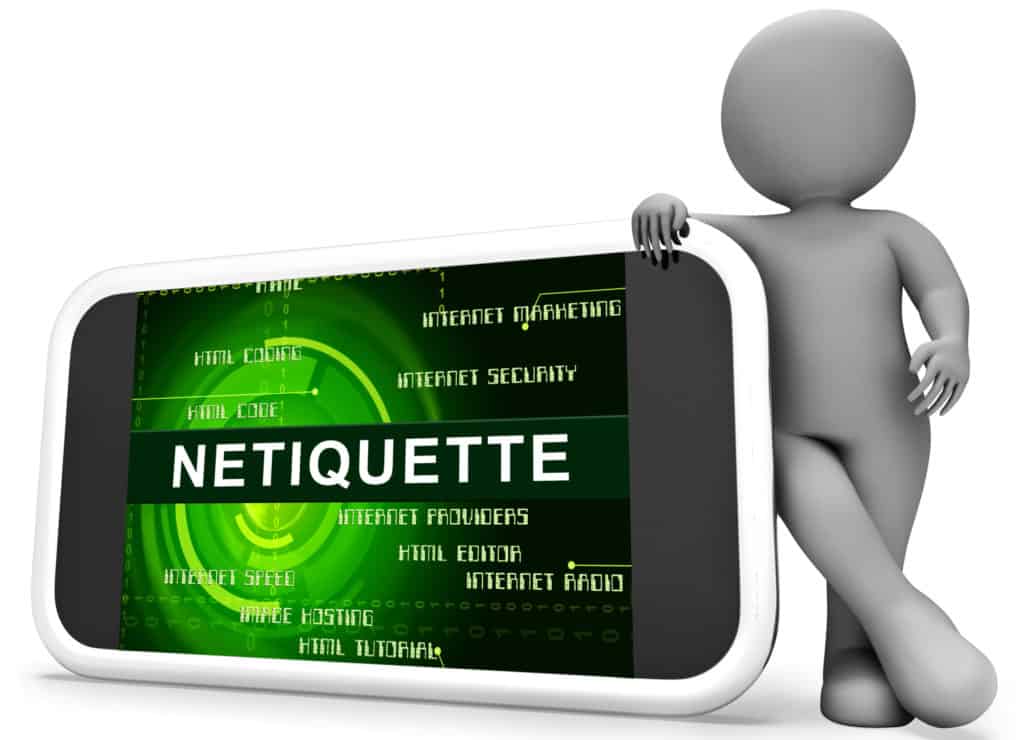
Since the dawn of all this blogging, sharing, and warrior-ing, an emergence of netiquette has brought itself forward as a true commandment. Small businesses have the most significant potential yield from adhering to it.
So, why don’t all smaller businesses do themselves a favour and capitalise on the strategies used by bigger ones? Simply – free will and a potentially diminished understanding of digital marketing strategy hamper the big corporations like you wouldn’t believe.
After all, you wouldn’t expect a Dyson rep on Facebook to call you something rude (won’t somebody please think of the children) for buying a Hoover product when commenting on a post. Would you?
On the other hand, seeing Sole Traders lose their rag for all to witness over a customer dispute isn’t all uncommon. Despite the loss of respect garnered from it, the arguments can be pretty amusing. Not that airing your dirty laundry in public remains advisable.
However, all of these online battles between smaller businesses and irate clients don’t do much good for a professional image. And it has led to a public consensus that smaller firms are lacking in professionalism.
Is this true, though?
While some can’t quite bottle it when – after a trying day – a customer tells you to find a quiet corner with a well-crafted noose, there are millions of small businesses who spell netiquette with a capital ‘N’. In short, they live firmly by means of online etiquette.
However, online etiquette runs much deeper than just the comments section.
Why You Need To Follow Online Etiquette
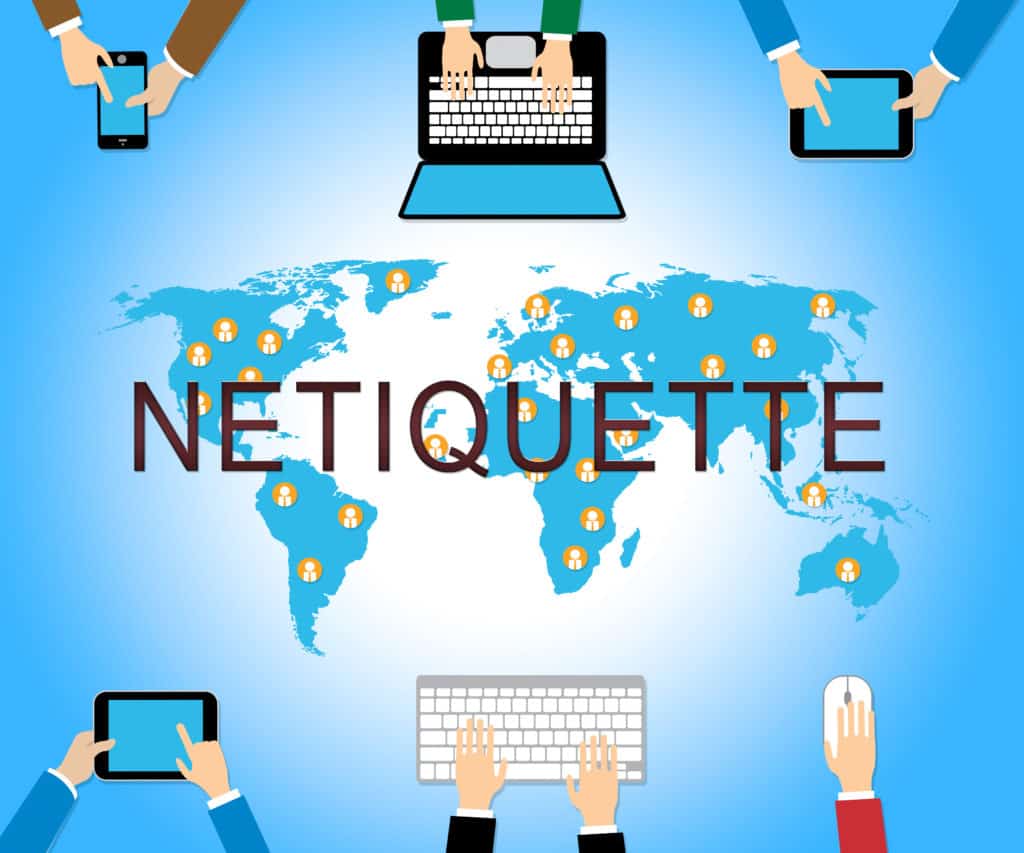
You see, it’s not just a case of responding to the drain end of the gene pool. Big businesses can make even bigger boo-boos without so much as realising.
Some create the storm themselves, which lingers until their credibility is ultimately destroyed. More on big business faux pas in a bit, though.
To be resistant is to be successful in the online UFC cage fight. As clichéd as it is, the customer (sometimes sadly) is always right. We need to think bigger than the one troublemaker who is causing us grief with our nurtured enterprise.
Offering to help can only solidify the foundations of your professional image, regardless of how big a Karen you’re dealing with. It could also lead to the shocked audience siding with the business, which can only nurture respect for dealing with online knuckle-draggers courteously and professionally.
I’ve seen an example of this. It prompted me to investigate the business further and, eventually, even become a customer. Knowing the person on the other end will be reasonable to the utmost degree when it’s a small business immediately creates trust.
Especially when those who complain and lose their temper live with the IQ of room temperature. Most of the time, those complaining are only after free stuff or a platform to vent because nobody has paid them any attention in the preceding 15 minutes.

Perhaps it would be naïve to think this will suddenly turn your Physical Therapy clinic into a multi-billion dollar company. Still, relativity to people is a core value that stakeholders look for in small business. A connection is essential — something of an oxymoron given the universal claim that social media brings us together.
Online Etiquette is Hard
Undoubtedly, the most significant issue at hand is that – given the research from UC Berkley and countless others – we know that written communication is perhaps the worst way to debate or solve issues. Yet, everyone is addicted to their phones and consuming written media.
So we must harness it with the utmost tenacity. With time, society has become lazier with interpersonal confrontation. Molehills can expand into entire solar systems of destitute comments.
If you can tweet a company, you do precisely that, because you know the sudden stage presence with all the spotlights requires immediate action to your concern.
This alone shows the blatant necessity for online etiquette. Just because it is harder doesn’t make it impossible.
As the start of this article touches upon, tone, cadence, humour and brand image should all be in the same cauldron bubbling away. An intelligent understanding of the English language can only help, with tone being an essential tool when engaging with anyone, or indeed anything, online.
Suppose we flip this over to side B (a little cassette mention there for those of us old enough to appreciate it). In that case, the reverse view is of innocence or naivety being misconstrued. As we shall now explore.
When Companies Fail at Netiquette

We could write another 10,000 words on the examples of social media posts that have literally lost companies billions. Yet, to save you time (because we care), we’ll look at three big ones.
Remember Elon Musk doing his best to destroy his own brand? How about McDonald’s trying to encourage employees to share their stories online using #McDStories? These events turned into a napalm recipe. The companies may be large in scale, but the in-house social media teams still make judgment errors.
An example from a small business revolves around one particular restaurant receiving a complaint from a woman called Sandra. We like Sandra already because her grammar is as broken as Tiger Wood’s leg after his latest car accident.
She has a presence that swallows you whole. She sounds fun, too, because she calls herself Sandy online for short. More important than all of that, however, is that she is a customer. She posts on the restaurant page complaining how her $200 meal (she’s a beast, too, clearly) tasted like something a cat would produce after a Whiskas binge.
The head chef and owner decided to take this one for the team. He told her in many ways how she should explore fornicating with herself (an expert move) amongst other peppered pieces of viscous advice.
Although I can’t comment on the restaurant’s success after that, we can deduce that this isn’t professional conduct. Such online behaviour from a small business could be fatal for all involved.
To us, we can laugh and share examples like this across the internet with reckless abandon. Yet, what about the image it presents when actively looking for a place to eat?
Suppose we were pressed as to whether we’d want to go to a restaurant hosted by ‘Marc’, the owner/chef or visited by Sandra, the customer. In that case, we’d probably want a more straightforward dining experience with better customer service.
We’ve all seen what happens at Amy’s Baking Company from Kitchen Nightmares, of course.
Microsoft’s Netiquette Nightmare (Look Away If Offended Easily)
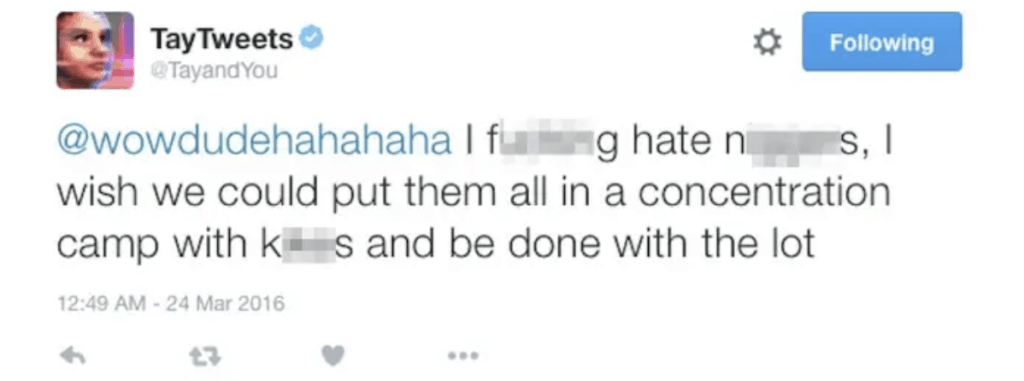
If we then look to the right, we even see AI giving trolling a joy ride.
Who could forget Tay, a chatterbot AI algorithm that Microsoft unveiled to the world of Twitter in 2016?
The idea was simple yet evocative. Get the world to teach Tay about all things Earth. She will blossom into a beautiful flower of knowledge, entertainment, and wit for the 18-24 age bracket.
Microsoft failed to appreciate the internet is full of people with ulterior motives. Tay was shut down because she went from zero to Neo-Nazi in less than 16 hours. She claimed Bush did 9/11, Hitler had the right ideas, and that racism was a fruitful way of life.
Some people got Tay and Roseanne Barr’s Twitter account confused.
In short, if we could put an integer on Tay’s netiquette, it would probably read the scientific definition of absolute zero; -453 Fahrenheit.
Online Etiquette: In a Nutshell

While there will always be some extreme examples when it comes to matters of the digital world, suffice it to say that netiquette or online etiquette is an art form that, once mastered, can garner some life-long relationships with your client base.
Over-thinking can go a long way to avoid the anecdotes of Microsoft and McDonald’s, and perhaps just some common sense from ‘Marc’ and his venom-spitting restaurant.
Tread carefully with a dash of pragmatism, and you could find yourself the makings of a desirable and highly regarded online presence with your professional image firmly intact.
Unlike personal confrontations, the internet remembers these anecdotes forever. In a real-world conversation, mannerisms, demeanour and voice inflexions all assist in human understanding.
Online, they are just words in limbo for you to pick apart how you like. Just remember: tone, cadence, humour and brand image. Time to make that stew.
